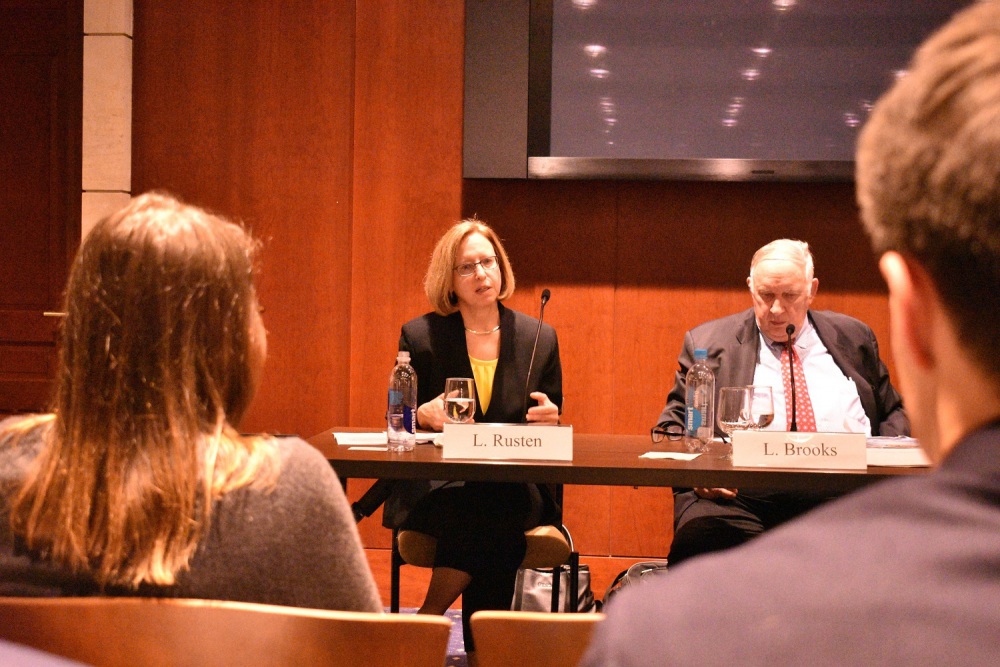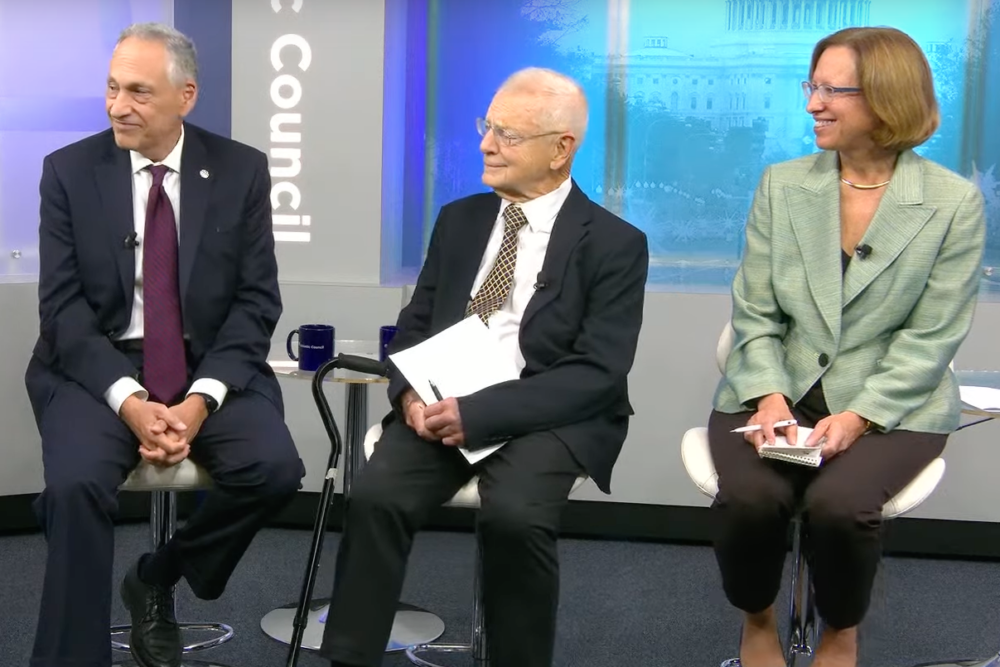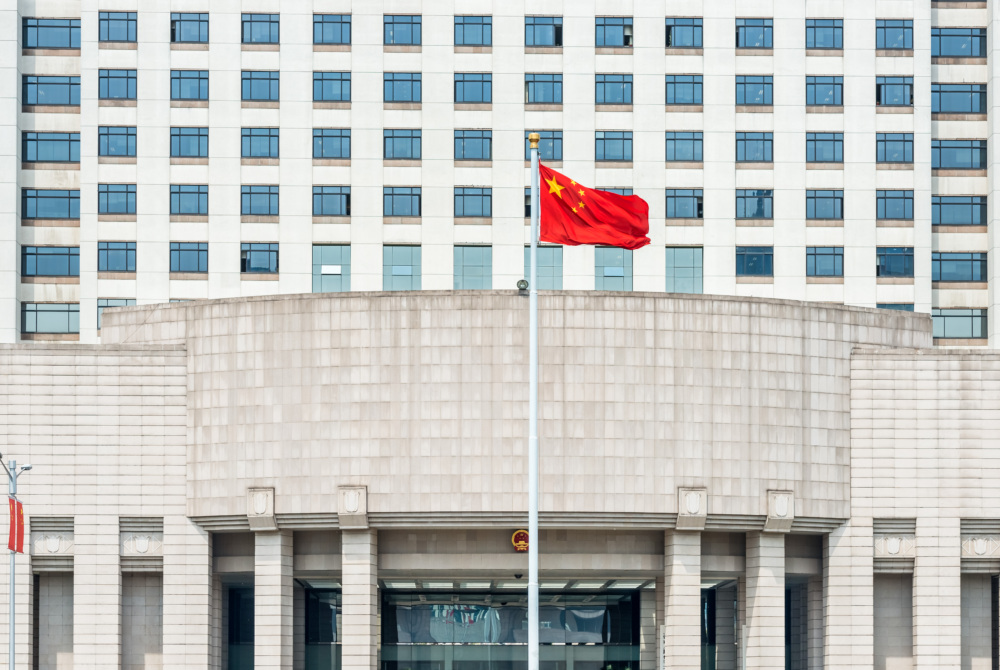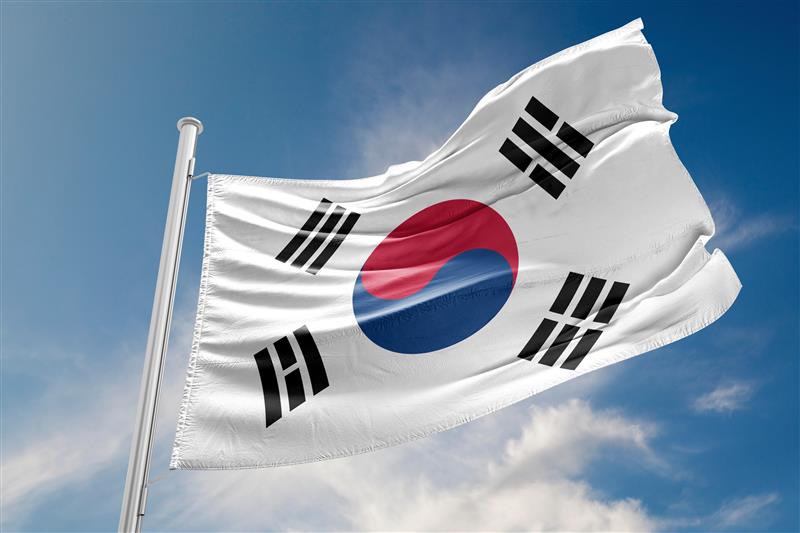
Meaghan Webster
Communications Manager
Atomic Pulse
At a recent panel discussion on Capitol Hill, nuclear
experts including NTI’s Lynn Rusten debated whether the Trump Administration’s recently
released Nuclear Posture Review (NPR) is more consistent with or a departure from
past U.S. nuclear policy, and all expressed concerns about the future of the U.S.-Russian
nuclear relationship.
“In contrast to the 2010 NPR that advanced the long term goal
of a world without nuclear weapons, this NPR makes the case for an enduring
role for nuclear weapons in our national security,” said Rusten, NTI’s senior
advisor for global nuclear policy and programs, at the event hosted by the Arms
Control Association (ACA) and The Lugar Center. Panel members included Ambassador Linton
Brooks (former Administrator, National Nuclear Security Administration) and Dr.
Olga Oliker (Director, Russia and Eurasia Program, Center for Strategic and
International Studies). The ACA’s Kingston Reif moderated.
Rusten, former senior
director for arms control and nonproliferation on the White House National
Security Council staff, said that while previous NPRs have outlined much
narrower contingencies for the potential use of nuclear weapons in response to non-nuclear
threats, this NPR “does the opposite.”
In a recently released NTI report, Building a
Safe, Secure, and Credible NATO Nuclear Posture, NTI
Co-Chairs Ernest J. Moniz and
Sam Nunn write
that “forward-deployed U.S. nuclear weapons in Europe increase the risk of
accidents, blunders, or catastrophic terrorism and invite pre-emption. Given
these added risks, it is past time to revisit whether these forward-based
weapons are essential for military deterrence and political reassurance.”
During the panel discussion, Dr. Oliker took issue with a central
premise of the NPR that Russia plans and trains to use low-yield nuclear
weapons early as part of an “escalate to de-escalate” strategy in response to a
conventional military conflict with NATO or the United States. She asserted that
in official statements and military documents, Russia has actually been
de-emphasizing the role of nuclear weapons in potential conflict as it has
strengthened its conventional military capabilities. She found it worrying that
the United States was justifying new nuclear capabilities on the basis of an incorrect
reading of Russian military doctrine and intentions.
Ambassador Brooks noted both continuity with the Obama administration’s
program for modernizing the nuclear deterrent, as well as change in the form of
proposed new nuclear capabilities and a strikingly different world view. “This
NPR reflects President Trump’s dark view of international relations,” he said. He
observed that the NPR was a “Rorschach’s test” in which perceptions of and
opinions about its provisions are largely determined by how one viewed the
administration and nuclear strategy before reading it. He expressed particular
concern that NNSA would not be provided sufficient funding to modernize the
aging nuclear weapons infrastructure and to maintain the science base critical
to ensuring a safe, secure and reliable nuclear deterrent. He expressed
disappointment with the NPR’s silence on arms control.
For more analysis of the Nuclear Posture Review, read
comments by NTI President Joan Rohlfing at a previous panel discussion here.
For more on U.S. nuclear policy and posture, read an
op-ed by NTI Co-Chairs Ernest Moniz and Sam Nunn in Bloomberg View and read
NTI’s
policy papers for more details.
Sign up for our newsletter to get the latest on nuclear and biological threats.
Lynn Rusten, vice president of NTI’s Global Nuclear Policy Program, shares her reaction to the 2023 Strategic Posture Report during a panel event at the Atlantic Council.
Amid uncertainty around China’s expanding nuclear program and silence from Beijing about the intent behind the build-up, a new report offers details about China’s nuclear program that suggest significant implications for U.S. and global security.
When it comes to nuclear weapons and the Korean Peninsula, nearly all the attention goes to North Korea, but a public debate is heating up south of the demilitarized zone, with some officials in South Korea asking: Should Seoul pursue a nuclear weapons program, too?



